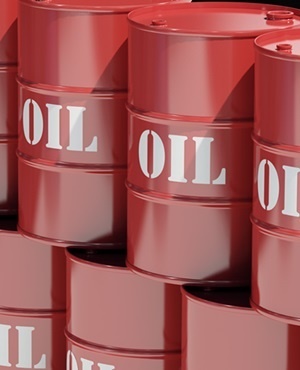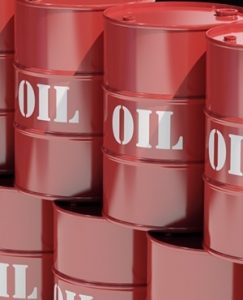
- By: News
- 0 comment
Monday’s crash in world oil prices risks severely damaging revenues for crude producing countries and companies across the globe, while benefiting consumers through lower heating and motor fuel bills.
Oil markets nosedived as much as 30% after top exporter Saudi Arabia slashed its prices and raised output to preserve market share in the face of Russia opposition.
Saudi Arabia
At a meeting last week of the Organisation of Petroleum Exporting Countries, cartel kingpin Saudi Arabia pushed to combat a coronavirus-fuelled slump in crude demand – but non-member Russia refused.
“The rationale must surely be that in sending (world) oil prices to their lowest levels since 2016 … the action might prompt the Russians back to the table,” said CMC Markets analyst Michael Hewson.
“This seems a high-stakes gamble,” Hewson added, noting that Riyadh may struggle to balance its budget faced with sustained low oil prices.
Russia
Despite Saudi’s move seen as sidelining Russia, analysts said its close competitor still stood to gain.
“It is worthwhile to have a look at what [Russia] stands to lose and gain from the decision,” said analyst Tamas Varga at broker PVM Associates.
“The biggest winners … are domestic [Russian] oil companies who have long argued that output restrictions limit their abilities to develop new oil fields.
“Russia will also take heart from the fact that the dive in oil prices will likely put US shale companies in an almost impossible and difficult financial positions – [some] of them are likely to go bankrupt.”
The poorer members of OPEC, notably Venezuela, are expected to face the most economic pain from sliding revenues.
Companies
Monday’s slump in oil prices battered share prices of energy majors worldwide, likely to result in diving profits down the line for the likes of BP, Shell, Total and ExxonMobil. In South Africa, Sasol saw its share price plummet by 47% in a single day, while Eskom could see some costs contained.
At the same time, companies in general will benefit from lower energy costs, notably airlines which are in turmoil over cancelled flights because of coronavirus.
One of airlines’ major costs is jet fuel or kerosene, which is refined from crude oil.
Deflation
Singapore’s OCBC Bank said the global economy, already reeling over predictions of a slump in growth because of COVID-19, could also be struck down by deflation.
While deflation, or falling prices, benefits consumers in the short run, if they begin delaying purchases in the hope of goods and services becoming even cheaper, it harms companies’ revenues and profits and can lead them to cut employment, making consumers insecure about employment and likely to hold back spending further.
https://www.fin24.com/Economy/World/oil-crash-the-biggest-losers-and-winners-20200310-2



